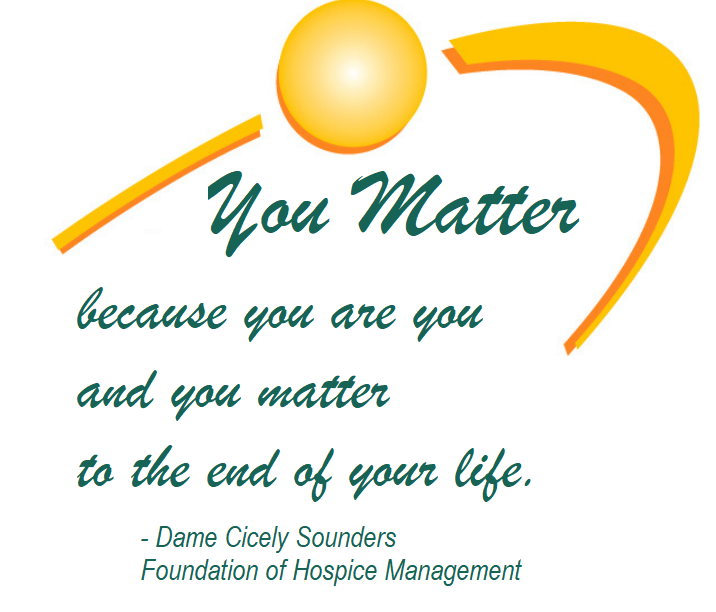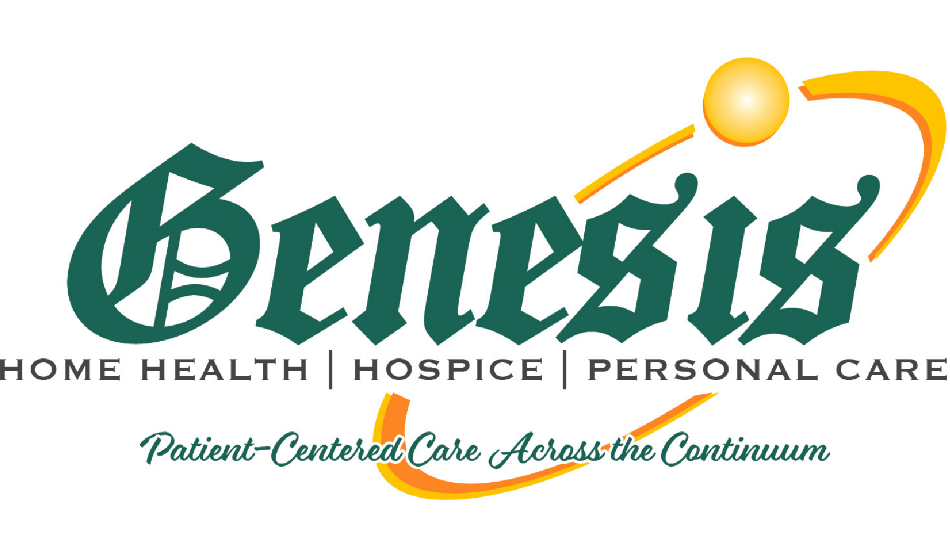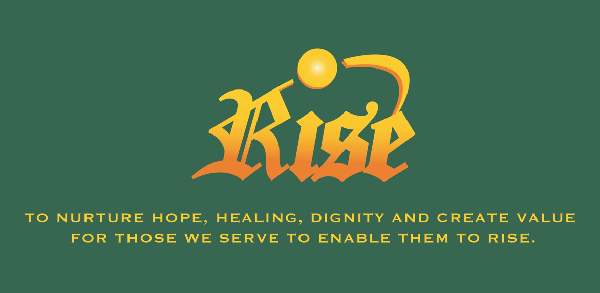
Hospice FAQs
Choosing to elect Hospice Care is an important decision that can greatly benefit the quality of life for a patient with a life-limiting illness in addition to providing support to a patient’s family during a difficult time. To help you better understand how hospice care can benefit you or a loved one, we recommend that you review our list of Frequently Asked Questions (FAQs) listed below:
FAQS
› When is the right time to ask about Hospice?
Now is the best time to learn more about hospice and ask questions about what to expect from hospice services. Although end-of-life care may be difficult to discuss, it is best for family members to share their wishes long before it becomes a concern. This can greatly reduce stress when the time for hospice is needed. By having these discussions in advance, patients are not forced into uncomfortable situations. Instead, patients can make an educated decision that includes the advice and input of family members and loved ones.
› What does the hospice admission process involve?
Typically, hospice care starts as soon as a formal request or a ‘referral’ is made by the patient’s doctor. A Genesis representative will contact you to discuss the program and help determine your eligibility. Often our Hospice Registered Nurse will make an effort to visit the patient within 48 hours of that referral, providing the visit meets the needs and schedule of the patient and family/primary caregiver. Usually, hospice care is ready to begin within a day or two of the referral. However, in urgent situations, hospice services may begin sooner. Finally, you will be asked to sign certain forms that are similar to the ones that you would sign before receiving any other special medical treatments or services.
› Can I keep my personal physician if I choose hospice?
Yes. You may keep your personal physician while under the care of hospice. Genesis Hospice reinforces the primary physician/patient relationship and considers this bond to be a high priority.
› Can a hospice patient who shows signs of recovery be returned to regular medical treatment?
Yes. If a person’s health improves or their illness goes into remission, the patient will be discharged from hospice and return to the care and the Medicare coverage you had before electing the hospice benefit. Also, you always have the right to stop receiving hospice care at any time and for any reason.
› How does hospice “manage pain?”
Genesis Hospice believes that emotional and spiritual pains are just as real as physical pain. Hospice nurses and doctors use the latest and most effective medications and devices to treat all forms of pain and relieve symptoms. In addition, they are often joined by specialists who are trained in physical therapy, music therapy, art therapy, massage therapy, and nutritional counseling to help maintain comfort.
Finally, various counselors, including clergy, are available to assist family members and patients in dealing with their illness.
› What is hospice’s success rate in managing pain?
Very high. Using a combination of medications, counseling, and therapies, most people can attain a level of comfort that is acceptable to them.
› Will medications prevent me or my loved one from being able to talk or know what’s happening?
Usually not. It is the goal of Genesis Hospice to help individuals live as actively as possible, free of pain or discomfort.
› What do hospice volunteers do?
Genesis has partnered with a reputable, non-profit, volunteer hospice—Horizon Hospice, who has been providing volunteer and bereavement services in this community for 25 years. Horizon Hospice volunteers are a special group of people that give of their time and talents to assist patients and their families. They are available to visit with you and help run errands. They can also assist with daily activities and may perhaps read, sing, write letters, or just reminisce with you and your loved ones about life’s many experiences. Their support both enhances the quality of life for patients and helps relieve some of the demands that are often placed on caregivers.
Because hospice volunteers spend time in homes, our hospice program has some type of application and interview process to assure the person is right for this type of volunteer work. In addition, Horizon Hospice has an organized training program for their volunteers. Areas covered by these training programs often include understanding hospice, confidentiality, working with families, listening skills, signs and symptoms of approaching death, loss and grief and bereavement support.
› Is hospice care covered by Medicare and private insurance?
Hospice services are widely available and covered by Medicare Part A, as well as many other private or managed care insurances
› Who is eligible for Medicare hospice benefits?
You are eligible for Medicare hospice benefits when you meet all of the following conditions:
✓ You are eligible for Medicare Part A (Hospital Insurance), and
✓ Your doctor and the hospice medical director certify that you have a life-limiting illness and if the disease runs its normal course, death may be expected in six months or less, and
✓ You sign a statement choosing hospice care instead of routine Medicare covered benefits from your illness*, and
✓ You receive care from a Medicare-approved hospice program.
* Medicare will still pay for covered benefits for any health needs that aren’t related to your life-limiting illness or related illnesses.
› What does Medicare cover?
Medicare covers these hospice services and pays nearly all of their costs:
✓ Medication for symptom management and pain relief related to the hospice diagnosis
✓ Medical equipment and supplies related to the hospice diagnosis (like wheelchairs, walkers, catheters, bandages etc.)
✓ Physician services
✓ Nursing care
✓ Hospice aide and homemaker services
✓ Social worker services
✓ Therapy services (Physical, Occupational and Speech therapy as determined medically necessary by hospice physician)
✓ Dietary counselling
✓ Grief support to help you and your family during and after hospice services
✓ Short-term general inpatient and respite care
› Does Genesis hospice provide any help to the family after a patient passes away?
Yes. Genesis Hospice provides continuing contact and support for caregivers and families for up to 13 months following the loss of a loved one. We also sponsor bereavement groups, conduct memorial services, and provide support for anyone in the community who has experienced the loss of a family member, friend, or loved one.
› How can I arrange for these services?
Anyone can make a referral for Genesis Hospice. You should feel free to speak with your doctor, your minister, or a trusted friend when making this decision. You may also choose to contact us, (775)753-7626 to learn more about our services and arrange a meeting in your home to discuss the program. We are also available to meet with you and provide care in our local hospital or the nursing home.
› How does it work?
In most cases, a family member serves as the primary caregiver and helps make decisions for a loved one. The caregiver, along with other members of the hospice care team, develops a plan to provide treatment, support, personal care, and a number of specialized services for both the patient and family. Genesis Hospice staff is available 24 hours a day, 7 days a week to provide assistance in managing your individual needs.
› Can I be cared for by Genesis Hospice if I reside in a nursing home or other type of long-term care facility?
Yes. All hospice services can be provided in a nursing home if the facility has a written agreement to provide these services to their residents. In addition to the standard services provided by the nursing home, residents will receive specialized visits from Genesis Hospice nurses, home health aides, chaplains, social workers, bereavement counselor and Horizon Hospice volunteers

